Health Benefits and Uses for Home-Grown Herbs.
|
Lemon Balm: Many people believe that lemon balm has calming effects, which can reduce anxiety and sleep problems. It is also used for digestive problems like upset stomach, intestinal gas, vomiting and colic. This useful plant tends to be naturally pest and disease resistant, and all it really needs is some decent soil, protection from punishing heat and a regular watering schedule. This herb can be used for making homemade tea or as a yummy salad addition. 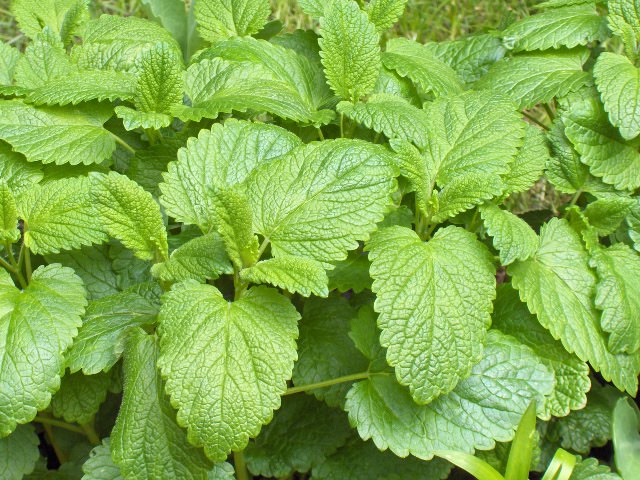 Thyme is a powerful herb that can help you with many types of breast and colon cancer, bacterial infections and skin problems. It is commonly used for treating diarrhea, stomachache, arthritis, sore throat and bronchitis. The plant is very hardy and easy to grow, as well as safe to harvest without constant fear of it dying. It is best used in deep stews and meat marinades. 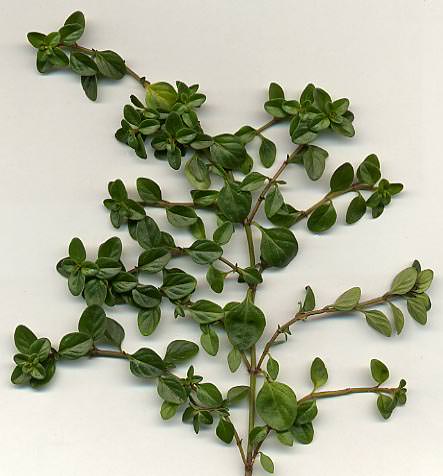 Sage: Sage is used in medicine to help alleviate symptoms of mental disorders such as Alzheimer's and depression. It can also be used to solve digestive problems, improve memory and help type 2 diabetes patients with lowering cholesterol and triglyceride levels. A sage plant requires plenty of sunshine, good drainage and good air circulation. Sage is most often used with poultry and pork but can also be used to flavor cheese. 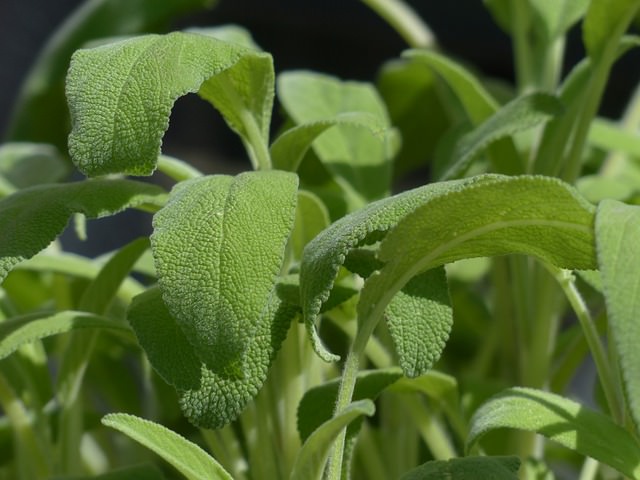 |
|
Rosemary:
A good source of iron, calcium, and vitamin B6, rosemary
has been found to be helpful with enhancing memory and concentration,
as well as providing neurological protection. It is perfect to grow in a
pot, but not in direct sunlight, so you don't even need to have a
garden. Use dry or fresh rosemary to add great taste to pizzas or baked
potatoes.
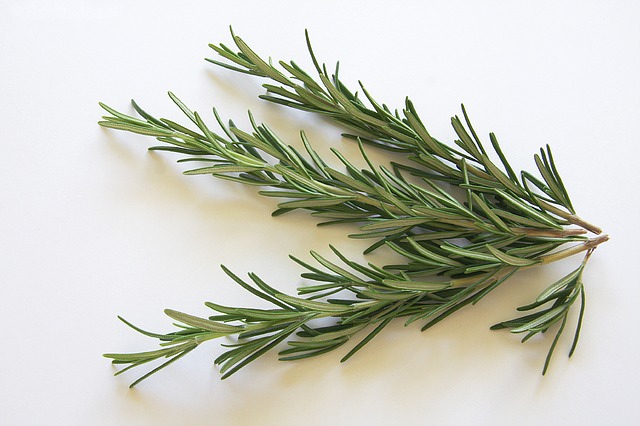 |
|
Parsley:
Parsley contains more vitamin C and K
than basically anything else you eat, so it works wonders for people
with kidney stones, gastrointestinal disorders, constipation, diabetes,
cough, and asthma. If you plan on planting some parsley seeds in your
garden do so in moist, rich soil and plant each seed about 7 inches (18
cm) apart. Chop parsley and sprinkle it on any dish you want to add a
little life and color to. It is mild on flavor and yet very refreshing.
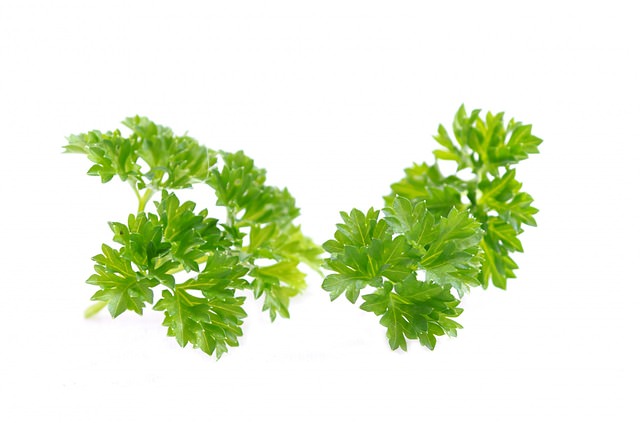 |
|
Chives:
Chives are nutrient-dense herbs, with
a low amount of calories and high levels of vitamins, minerals and
antioxidants. Chives contains choline, an important nutrient that helps
with sleep, muscle movement, learning and memory. It has no problems
growing indoors or outdoors, but it prefers full sun light. It is also
important to give chives consistent watering in the growing season, to
ensure high yields. Add chives to salads or other dishes spiced with
herbs to give them an unexpected twist.
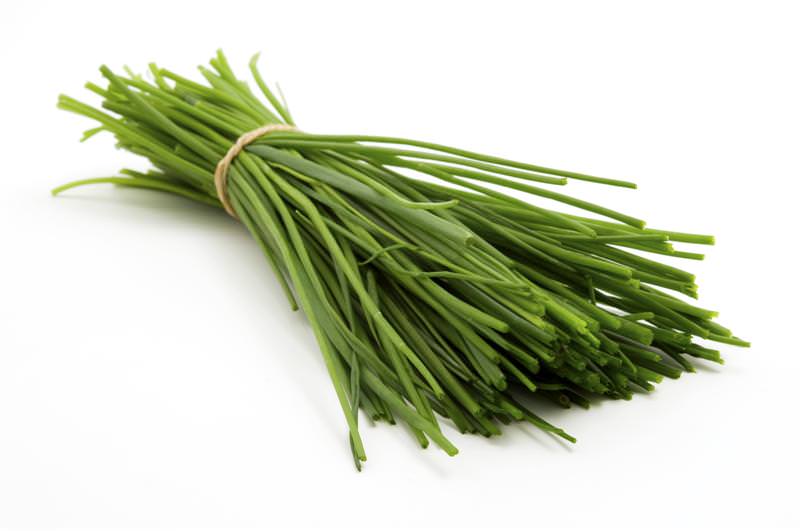 |
|
Mint:
Best grown in a pot, as it grows to
fill whatever space you give it, mint is a very useful herb to have
around the house. It can be used as a simple answer to allergies, colds,
Irritable Bowel Syndrome and abdominal pains. Use mint to make
home-made natural tea, salads, or even just crush a few leaves and add
to water with some lemon juice for a great healthy drink.
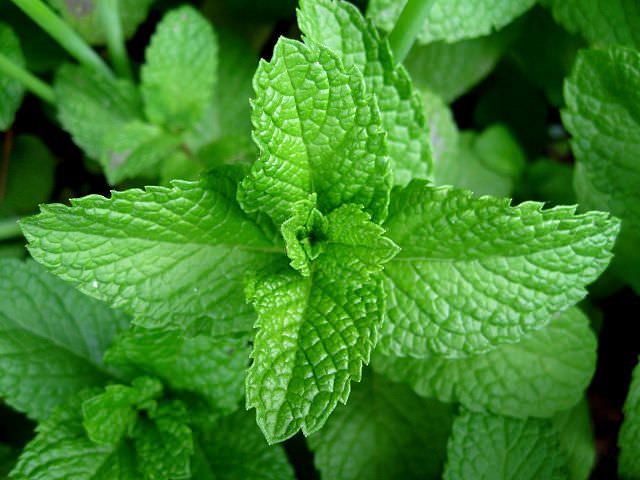 |
|
Oregano:
This plant will strive at ground
level but won't spread too aggressively, which means its best grown
outdoors or in large containers. Not only does this herb provide food
flavor and an amazing smell, it's also high on potent antioxidants and
anti-bacterial ingredients. Water the oregano only when the soil is dry,
as they are native to arid regions and don't like too much water. Use
it when making home-made pizza, mix it in with your pasta sauce or even
try adding a bit to your morning's scrambled eggs.
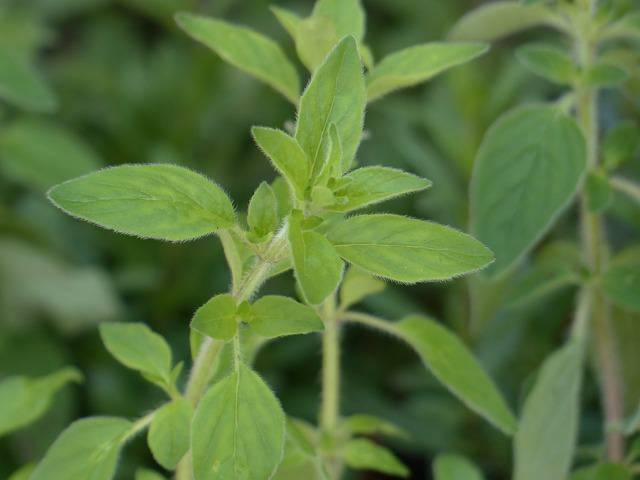 |
|
Tarragon :
Tarragon has been used as a
traditional remedy to stimulate appetite and alleviate symptoms of
anorexia. It is a rich source of vitamins such as C, A and B, and other
minerals like calcium, manganese, iron and magnesium. Keep tarragon in a
spot of the garden that enjoys full sun in the morning with dappled
light in the afternoon. It can tolerate full afternoon sun in locations
that don't get too hot but it should be kept well watered. Tarragon is a
tasty spice for any dish with rice or chicken and can also add a
refreshing, but not overpowering, taste to fish.
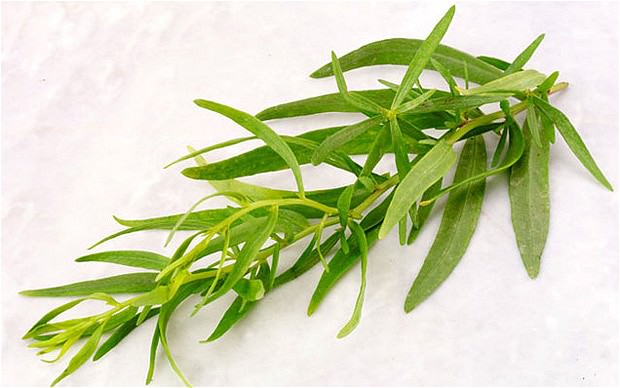 |
|
Basil:
Consider planting this herb in your
garden and house just for the smell, if not for its many possible health
benefits. Rich in antioxidants and anti-aging properties, basil is a
good source of vitamins A, K and C, as well as magnesium, iron and
potassium. During dry periods, water the plants freely, as basil loves
moist ground. Also, be sure to pick the leaves regularly to encourage
growth throughout the summer. Commonly used in Italian cooking, basil
combines wonderfully with anything that includes tomatoes and cheese.
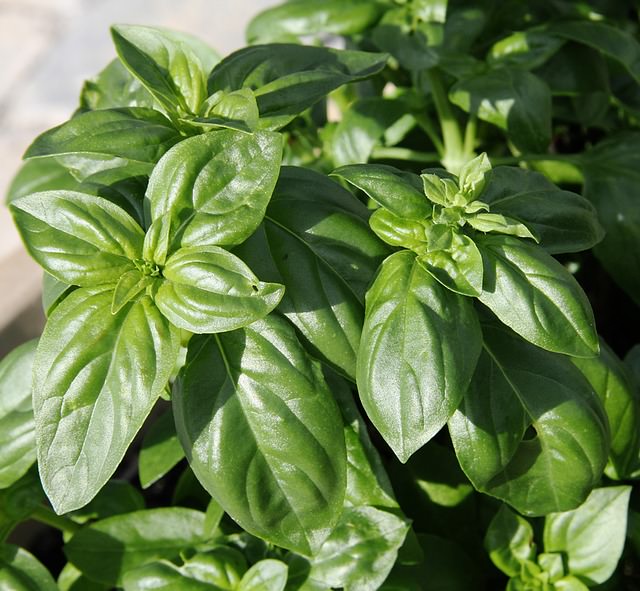
THIS IS ONLY FOR INFORMATION, ALWAYS CONSULT YOU PHYSICIAN BEFORE
HAVING ANY PARTICULAR FOOD/ MEDICATION/EXERCISE/OTHER REMEDIES.
PS- THOSE INTERESTED IN RECIPES ARE FREE TO VIEW MY BLOG- HTTP:GSEASYRECIPES.BLOGSPOT.COM
FOR INFO ABOUT KNEE REPLACEMENT, YOU CAN VIEW MY BLOG
HTTP://KNEE REPLACEMENT-STICK CLUB.BLOGSPOT.COM/FOR CROCHET DESIGNS- http://My Crochet Creations.blogspot.com/ |
Labels: Alzheimer’s, appetite, Arthritis, basil, bronchitis, C and K, calcium, chives, choline, irritable bowel syndrome(IBS), lemon balm, Mint, oregano, parsley, rosemary, sage, tarragon, thyme, type 2 diabetes, Vitamin B6

0 Comments:
Post a Comment
<< Home